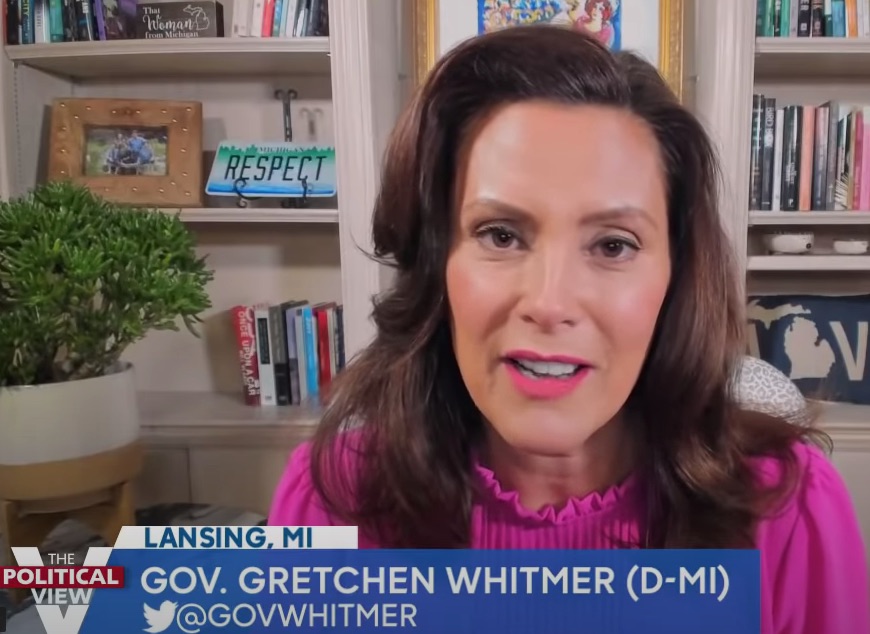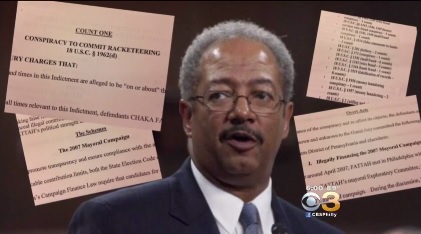Commentary: Why Lockdowns Are Dead

Will this presidential election be the most important in American history?
Commentary by Michael Van Beek originally published by RealClearPolicy
Where have all the lockdowns gone? Despite a record-shattering rise in COVID-19 cases, America’s governors are refusing to issue stay-at-home orders, business closures and other draconian measures popular in the pandemic’s first year. Elected leaders are instead relying on recommendations, not coercion, and no wonder: Lockdowns have been proven to be a failed policy.
Governors, especially Democrats, have come a long way. It wasn’t so long ago when they told us lockdowns were the “expert” option and essential to saving lives. When cases and hospitalizations declined at various points in 2020, they quickly attributed this to their wisdom of shutting down daily life. Moreover, they savaged leaders like Florida Gov. Ron DeSantis, Texas Gov. Greg Abbott, South Dakota Gov. Kristi Noem, and others for criticizing lockdowns and swiftly lifting statewide mandates. Fast forward, and virtually every governor has embraced the approach of letting individuals determine how best to manage the risks presented to them by COVID-19.
Michigan’s Gov. Gretchen Whitmer is a case in point. A Democrat and former hardliner on lockdowns — issuing one of the strictest in the country in spring 2020 and then ordering another one later in the same year — Whitmer has resisted statewide orders despite record infections. After saying that a state shutdown was “informed by the best science” in 2020, by mid-2021 she was thumbing her nose at federal officials for recommending more lockdowns and even suggesting she might never issue such an order again.
Whitmer is far from the only Democratic governor to have a change of heart. Colorado’s Jared Polis declared the COVID-19 emergency over, saying it’s not the state’s role to force people to do things like wear masks, despite previously championing lockdowns. Gov. Tom Wolf, who issued lengthy lockdowns only for Pennsylvania voters to curtail his emergency powers, now says the best way to stop COVID-19 is to trust individuals to protect themselves.
What explains these changes of heart? The most common answer from governors and the media alike is the wide availability and use of vaccines, yet that argument doesn’t hold up. The evidence now shows that vaccines don’t provide much protection against infection or transmission, meaning COVID-19 can continue to spread no matter how many people get jabbed. The whole point of lockdowns was to “stop the spread,” and if vaccines can’t do that, then the original justification for large-scale shutdowns still stands. Clearly, there must be another reason.
Maybe these governors have realized that lockdowns don’t actually slow COVID-19’s spread. After two years, there’s no clear evidence that states that locked down hard did better than those that didn’t. A new meta-analysis from Johns Hopkins University analyzed the findings of the best studies on lockdowns. They found that lockdowns had a minimal effect on COVID-19 mortality, which means the costs of these draconian policies certainly outweighed the benefits.
Maybe it’s that lockdowns are a logistical nightmare, unable to be enforced and impossible to maintain in such a complex society. Maybe it’s the high and terrible cost, from lost jobs to missed funerals to students who’ve fallen so far behind they may never catch up. Any of these reasons point to the truth that lockdowns are a failed policy.
Or maybe – probably – it’s pure politics. Public support for lockdowns was no doubt higher in spring 2020 than it is now, when COVID-19 was new and frightening, and when the measures were sold with taglines like “two weeks to flatten the curve.” Approaching year three of this morass, perhaps people are no longer willing to put up with such extreme restrictions, and many may wonder how they ever did to begin with. Issuing a lockdown now could be political suicide for Ms. Whitmer or Mr. Polis, who are up for re-election in 2022, and damaging to Gov. Wolf’s legacy, who’s term-limited, yet surely hopes to see a Democrat take his place after the November election.
It is especially worrying if political calculations really are driving these decisions. It suggests that many of our elected officials are willing to use unprecedented powers to compel and control daily life when the polls suggest it’s popular. Conversely, they respect individual liberty only when not doing so threatens their chance at the ballot box. Especially in times of crises, we leaders to stand firm and strike the appropriate balance between protecting public health and preserving our constitutional rights. For the sake of our liberty, let’s hope lockdowns remain unpopular for a long time to come.
__________
Michael Van Beek is the director of research at the Mackinac Center for Public Policy, a research and educational institute located in Midland, MI.








